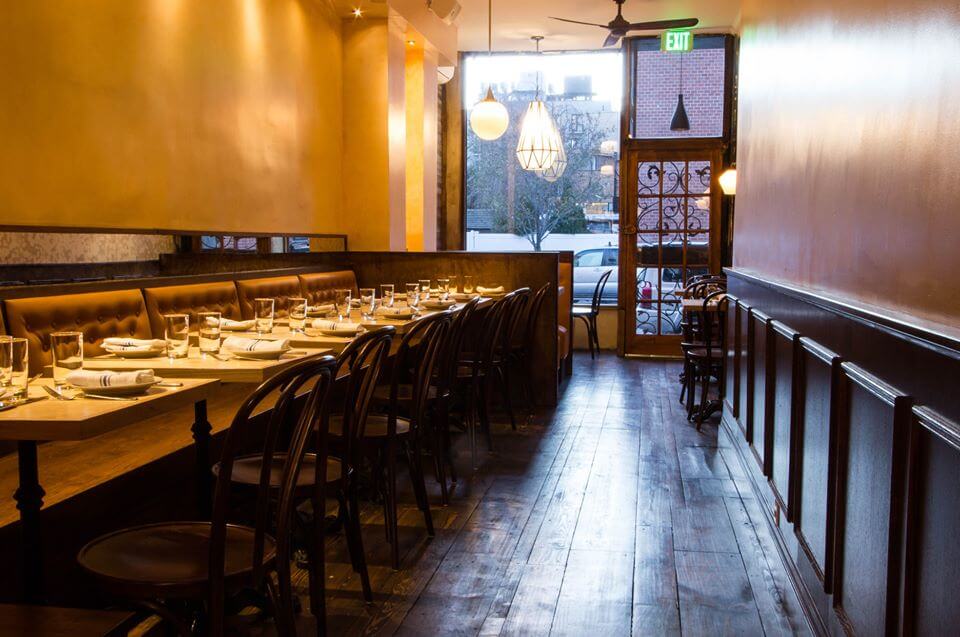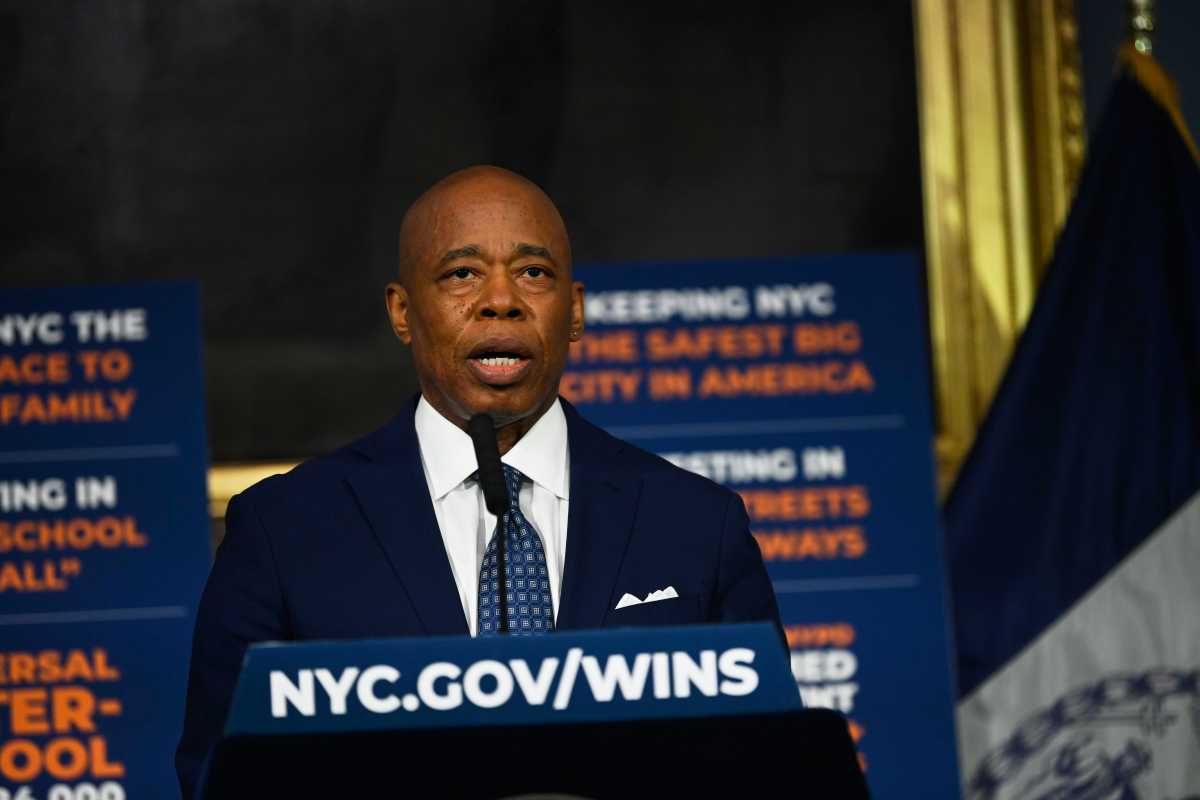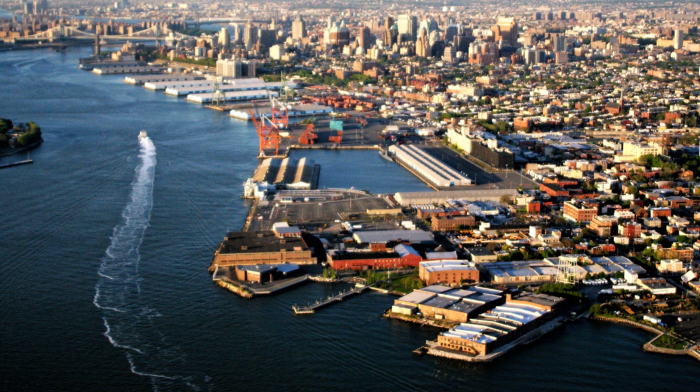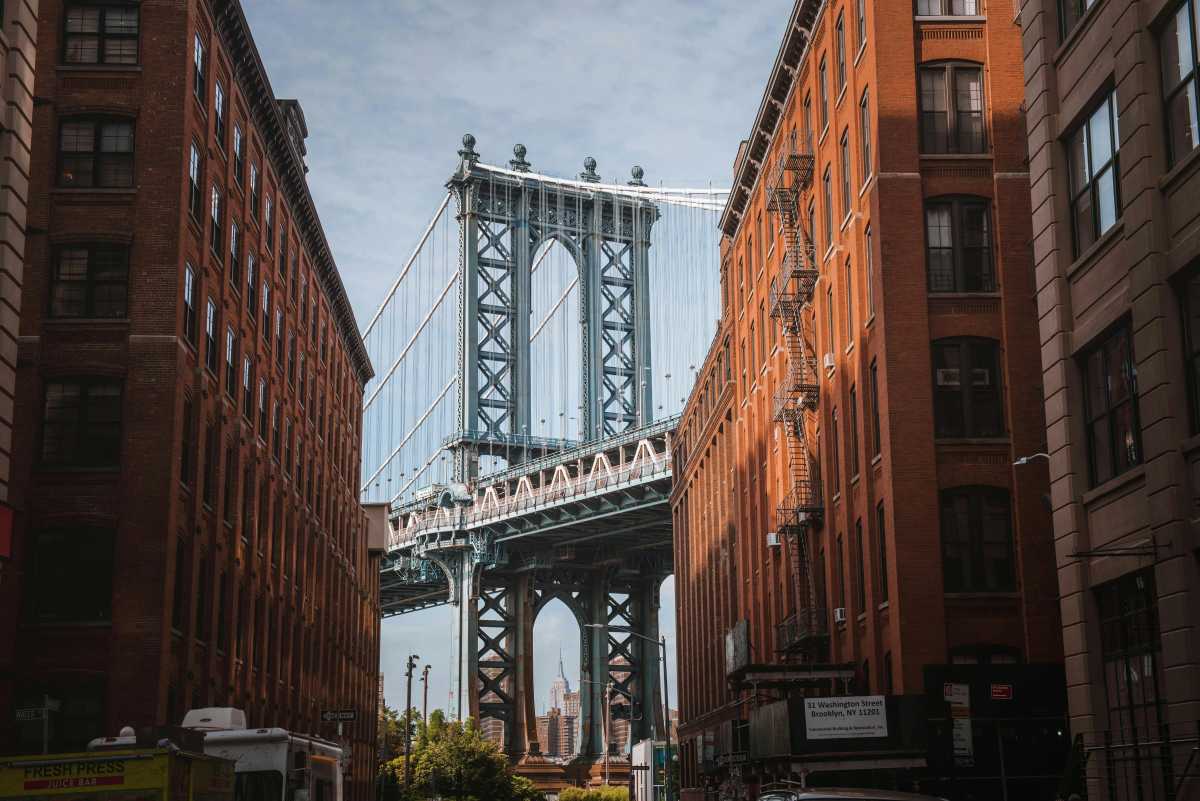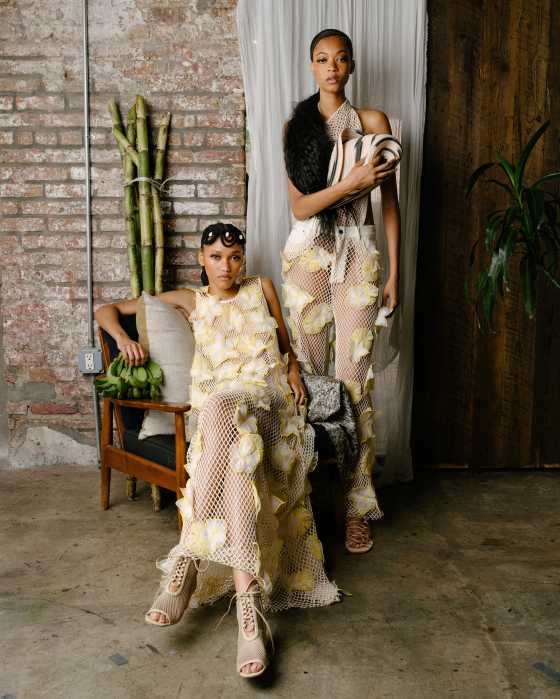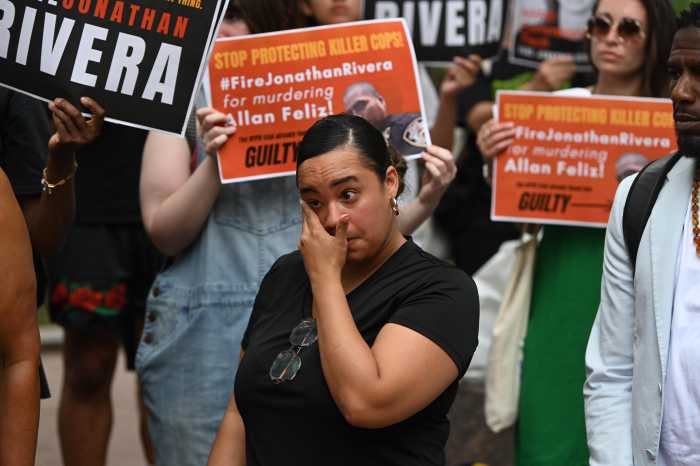I walked past my friend’s restaurant on a relentlessly sunny Saturday afternoon which in previous years would have been the perfect brunch weather, but, that day, it was just another reminder of all of the sales we aren’t able to make, all of the staff we can’t employee, and all the purveyors we still can’t pay.
My friend’s restaurant is on a busy corner and I could see him running around, grabbing drinks for people, answering the phone, and placing contactless orders on tables positioned in front of open windows for masked customers and harried delivery drivers. Before this pandemic, they were a bustling brunch spot with a wait-list that required an abundance of patience.
“You should do Caviar!” he told me, referring to the food delivery app. “I can’t,” I said, and wished him luck for a good rest of his weekend. I walked through the park on my usual route, ping-ponging back and forth between my two restaurants — one in Greenpoint and one in Williamsburg. As I walked the same path I’ve tread for so many years, I thought about my words: “I can’t.”
I had an English teacher in middle school who was a stickler for the way students asked for bathroom permission. Because 12-year-olds are not known for their grammatical precision, she would often have to respond to the student who had just asked “Can I use the bathroom?” with an emphatic, “Well I hope you can! But may you?”
I can use Caviar, but it charges high fees and provides lackluster service. I can’t afford the resentment that using these companies brings me and, financially, I can’t afford to give them a sizable portion of every sale when my margins have recently shrunk to almost nonexistent. When I use third-party delivery companies, I am essentially selling my food for 2007 prices while simultaneously paying 2020 prices for rent, labor and ingredients.
For over a decade I have run two restaurants in North Brooklyn with my husband, himself a 30-year veteran of the restaurant industry. The changes we have seen in recent years have made us both question the longevity of our smallest businesses. We are required to adhere to the same human resources policies as a 250-person business, yet the infrastructure for our 15-person restaurant consists of the two of us and a part-time bookkeeper friend. We manage hood cleanings and payroll processing, we make vendor and insurance payments and attempt to stay up to date with the constantly changing regulations passed by the city and state — regulations set forth by politicians who have never run a small business or asked us about the challenges we face (with the very notable exception of Assemblymember Joe Lentol, a vocal ally of small business).
Many things, from labor to license fees to insurance, are dictated to us. Why then, did Caviar and their peers not have the amount they could charge dictated to them when they began? Only very recently, as our industry seems on the brink of disaster, has this conversation begun.
When the novel coronavirus took hold of the city in mid-March, prompting public schools and restaurants to abruptly close their doors, myself and many of my fellow restaurateurs were left with full walk-ins from the brutally slow weekend that preceded the shutdown, and with stacks of unpaid invoices and staff members we had to lay off.
On March 11, I began keeping a journal and many of the entries are dedicated to my feelings of financial insecurity, and how that extends to the people who work for me. I don’t know what the future of my restaurants will be right now — it’s hard for me to see past the week I’m in. What I do know is that my employees are part of my extended family. Whether it’s having them at my Thanksgiving table or celebrating their birthday with a Costco cheesecake, my concern for them does not end because their employment with me has.
If I thought that I could change all of our futures by working with third-party delivery companies, I would do so. But in the end, I don’t think they benefit any of us.
Blair Papagni is the owner of Anella in Greenpoint and Jimmy’s Diner in Williamsburg. She is a mother-of-three who has lived in Brooklyn for over 20 years.


